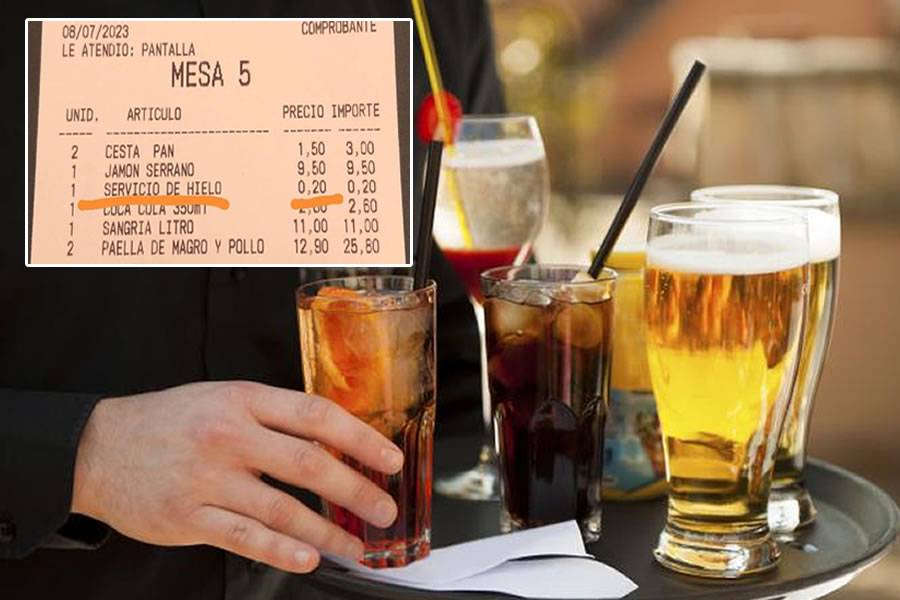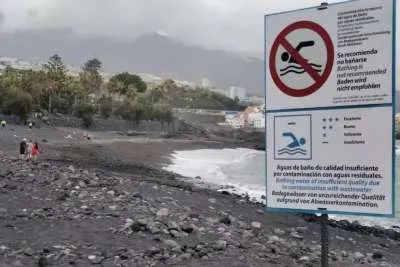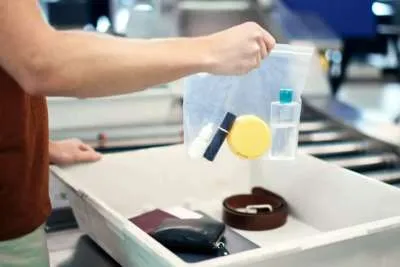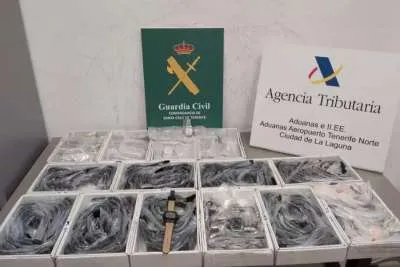Understanding the legalities of “extra charges” in bars and restaurants
- 18-01-2024
- Business
- Canarian Weekly
In the age of social media, complaints about seemingly excessive charges in bars and restaurants have become a common theme. From surcharges for terrace service to additional fees for ice in drinks, customers often question the legality of these practices. Here, we are delving into the legal aspects and potential abuses of extra charges in the hospitality industry here in the Canary Islands.
Consumer dissatisfaction with extra fees has prompted discussions on the legality of various charges imposed by bars and restaurants. While there isn't an official blacklist specifying allowable charges, there are legal requirements establishments must follow to avoid classifying these fees as illegal or abusive, according to the Organization of Consumers and Users (OCU).
Extra surcharges
Terrace service, water, bread, and more fall under the regulations outlined in article 60 of the General Law for the Defence of Consumers and Users. The law emphasises the importance of informing customers in advance of any extra costs and obtaining their explicit consent. For example, establishments have the right to charge for terrace service, but customers must be informed in a visible manner. Failure to provide this information can lead to legitimate complaints.
Unordered items, such as appetisers or bread, can only be charged as extras if explicitly stated in the price list. In the case of water, bars and restaurants must offer a free tap jug as an alternative to bottled water, as mandated by the Waste and Contaminated Soil Law. Charging for ice, although technically allowed, is considered abusive by consumer associations.
The concept of cutlery service is also scrutinized, with experts stating that charging separately for such essentials is not legal, as they are considered part of the dining experience. Moreover, any sudden price increases for additional services must be "adjusted" and "distributed proportionally" to avoid being deemed an abusive practice.
Card or cash payment?
The issue of minimum card payments is addressed, emphasising that not accepting cash is illegal, but establishments can refuse card payments if clearly indicated beforehand, or a minimum spend by card. Booking policies, such as not allowing reservations for a single person, while not illegal, may also be deemed unfair by consumer associations.
Menus via QR code:
Since the onset of the pandemic, QR codes have become popular for menu consultations, however, while establishments can offer this service, they are obligated to provide physical menus and price lists, and failure to do so may result in sanctions for lack of information. Also, menus and price lists must include IGIC, it is not permitted to list them without.
Other articles that may interest you...
Trending
Most Read Articles
Featured Videos
TributoFest: Michael Buble promo 14.02.2026
- 30-01-2026
TEAs 2025 Highlights
- 17-11-2025































































